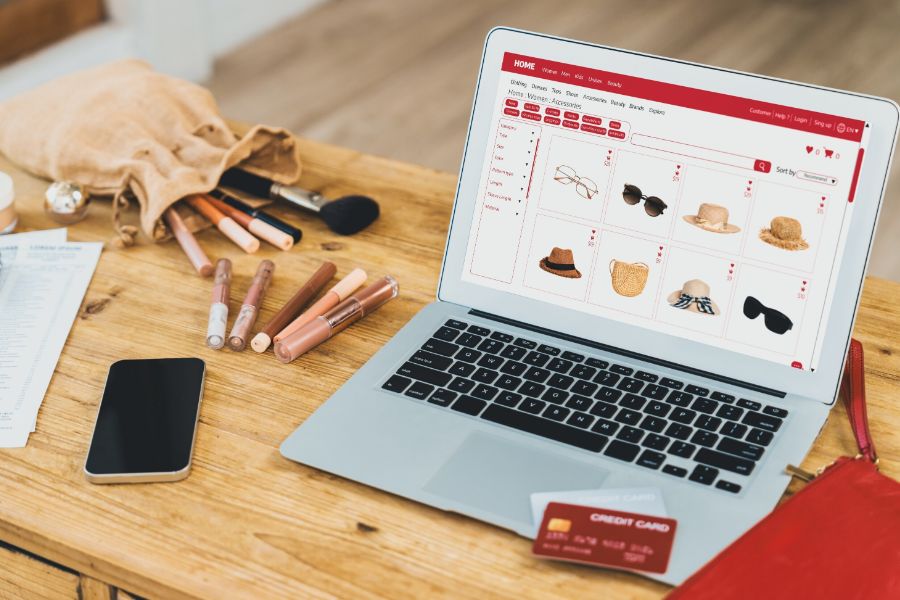These days, chargeback can be considered as a user protection mechanism, but it is often abused by the customers themselves to conduct “friendly fraud” activities. So, what is chargeback?
Definition
Chargeback refers to the required transaction refund made by the cardholder’s bank. In other words, it is the return of money to the payer of some transaction, especially a credit card transaction. Usually, the payer is the consumer. The chargeback will reverse a transfer from the consumer’s bank account, line of credit, or credit card. Chargeback is made by the cardholder, assessed by the bank, and paid by the merchant.
If you’re in the service business, chargebacks can be a nasty threat to your revenue. If you’re a consumer, chargebacks protect you from dishonest sellers. To understand how chargebacks work, you should have some background information on the reasoning behind chargebacks and the impact on those involved.
How do chargebacks work?
After the cardholder requests chargeback, the card issuer reviews or assigns a reason code to the case. These reason codes provide an explanation of why the consumer disputes the transaction. Each code has its own set of rules (application time limits, required documents, etc…). The cardholder’s bank investigates and responds, ensuring that all claims have been resolved and the complaint is deserved. If the cardholder has a valid claim, the funds will be transferred from the merchant’s bank account and credited to the cardholder’s account. Notice of chargeback will be sent to the merchant’s bank. (If the cardholder does not have a valid claim, the chargeback will simply be voided.). The buyer’s bank reviews the chargeback and sends the information to the seller’s bank.
The seller reviews the chargeback and gives proof. If the chargeback is reasonable, the seller must accept the loss. However, if the business has enough convincing evidence – such as documentation to prove the chargeback is invalid – the merchant can present the chargeback for review by the card issuer. Then, the buyer restates the chargeback. The issuer reviews the relevant evidence and then makes a final decision. If the merchant’s evidence is convincing enough to refute the cardholder’s claim, the transaction will be charged to the cardholder. The deducted amount will be sent back to the merchant’s account. However, any chargebacks or administration fees will not be refunded to the seller.
Common chargeback reasons
Shipping, quality, and refund issues
If the customer is not satisfied with the product or service the company provides, they will send a refund or if they do not receive the product or service they will ask for a chargeback (for example, if the goods purchased by the seller are faulty, the customer can request a chargeback). Chargebacks are also filed when the customer initiates a refund after returning the product but does not receive the refund amount.
Credit card issues
Unauthorized credit card transactions are a prevalent source of chargebacks in the realm of financial transactions. These chargebacks commonly occur when a credit card is employed for a purchase without the proper authorization from the cardholder. This lack of authorization might stem from a variety of scenarios, such as stolen credit card information, identity theft, or fraudulent card usage. When such unauthorized transactions are identified by the cardholder or their financial institution, the chargeback process is initiated to dispute the charges and recover the funds. In response, businesses must have robust fraud detection measures in place, closely monitor transactions, and implement strict security protocols to mitigate the risk of unauthorized credit card use and associated chargebacks.
Technical errors
Technical errors are also considered a valid reason as duplicate payments and incorrect payments can both lead to chargebacks. Duplicate payments occur when a customer is charged twice by a merchant for a transaction, or when a customer presses the PAY AMOUNT/PAY button multiple times. Chargebacks can also be sent if an error in transaction processing causes the transaction to be rejected by the opening bank but the customer’s account is still charged.
How to minimize chargeback for your business?
Here are a few other tips to minimize chargebacks for your business:
Provide insights to your customers
If you are selling your goods online, make sure you provide accurate pictures and descriptions for the products you have listed. Including contact information as well as return and shipping policies will help customers contact you in the event of any complaints rather than making a claim. Customers can claim a refund when they don’t recognize the charge on their credit card statement. So make sure that you list your company name and accurately describe the transaction to avoid any customer confusion.
Email your customer to confirm
When you send a confirmation email to your customer, make sure you include the invoice and shipping details of the order. In case the shipping address and billing address are different, verify the card and customer details before starting the sale.
Beware of possible red flags
Track transactions involving multiple orders for expensive products, unusual bulk orders, or multiple orders placed in a short period of time. Those are warning signs of fraudulent card use, reminding consumers to be careful. Multiple orders to the same address but placed with different tags can also be seen as a red flag for warning.
ConnectPOS is a very powerful tool to help you manage your business, thereby minimizing chargebacks. Besides, the store and warehouse management features, it will help your business to record refund orders, help the chargeback process be resolved quickly and get trust from customers.
Conclusion
Chargebacks are something that few businesses want to see in the course of their business. Therefore, businesses often try to minimize the chargeback or if they have to reimburse, businesses often want to solve it both accurately and quickly. So, contact us to understand better and find the specific chargeback process for your business!
ConnectPOS is a all-in-one point of sale solution tailored to meet your eCommerce POS needs, streamline business operations, boost sales, and enhance customer experience in diverse industries. We offer custom POS with features, pricing, and plans to suit your unique business requirements.




